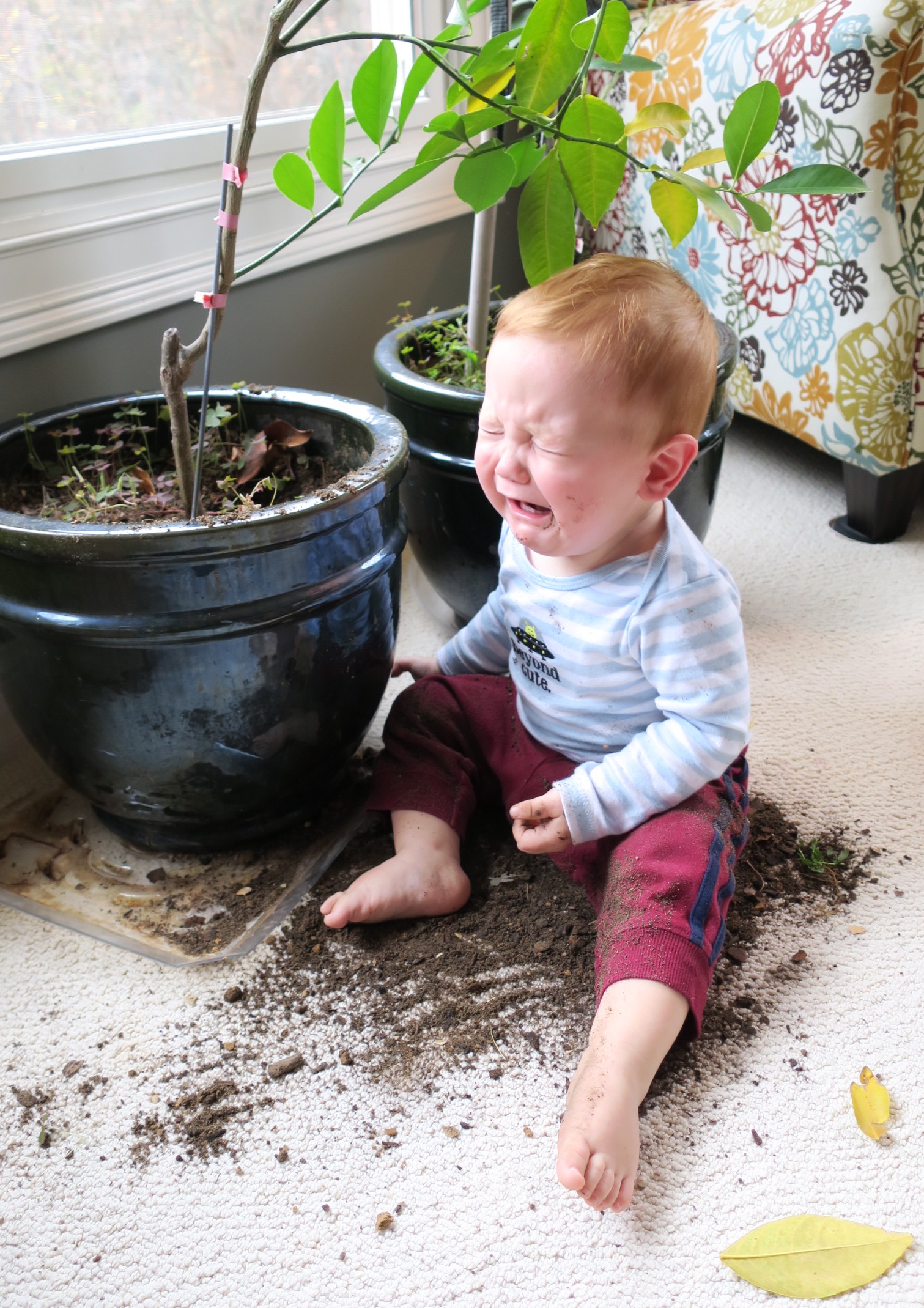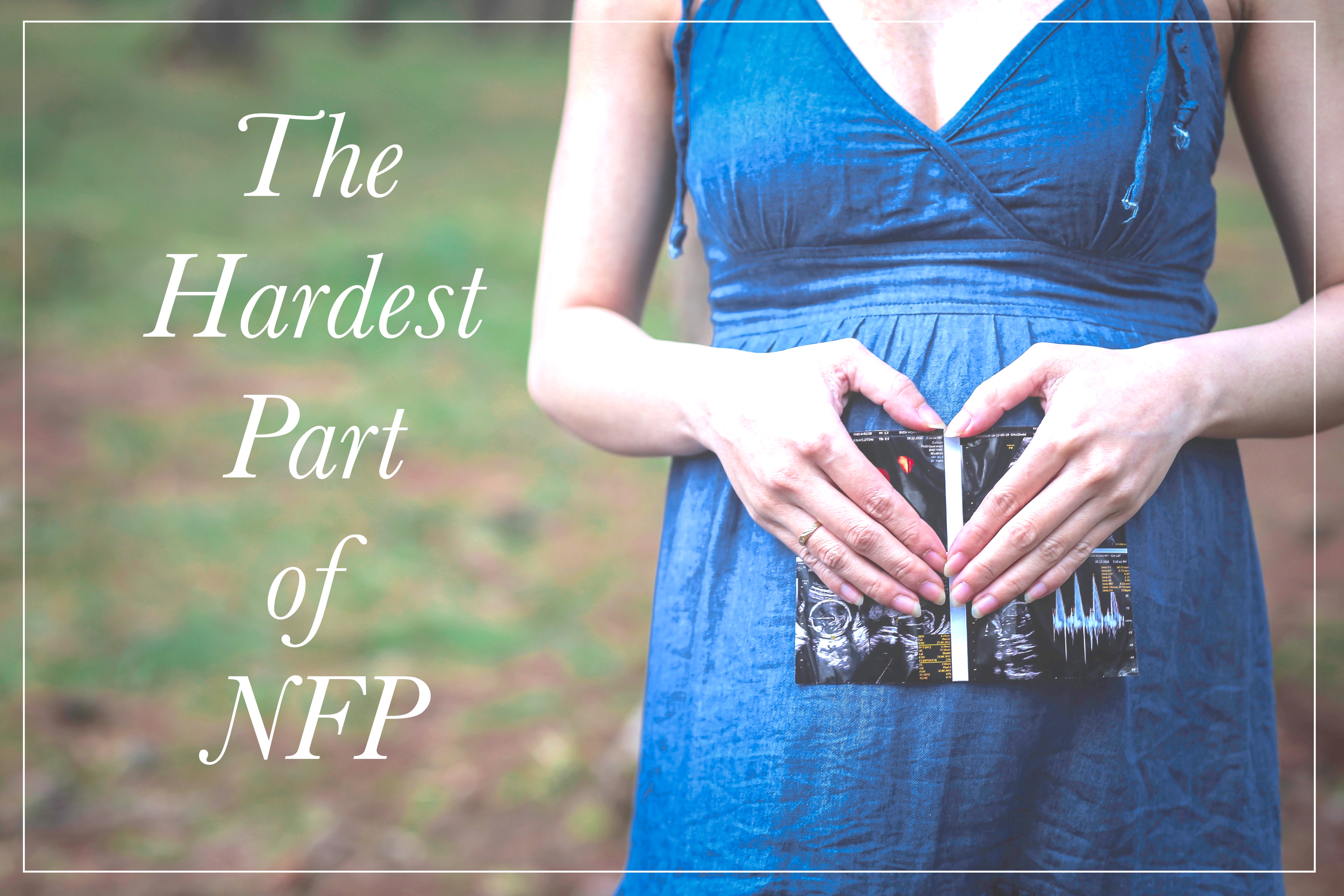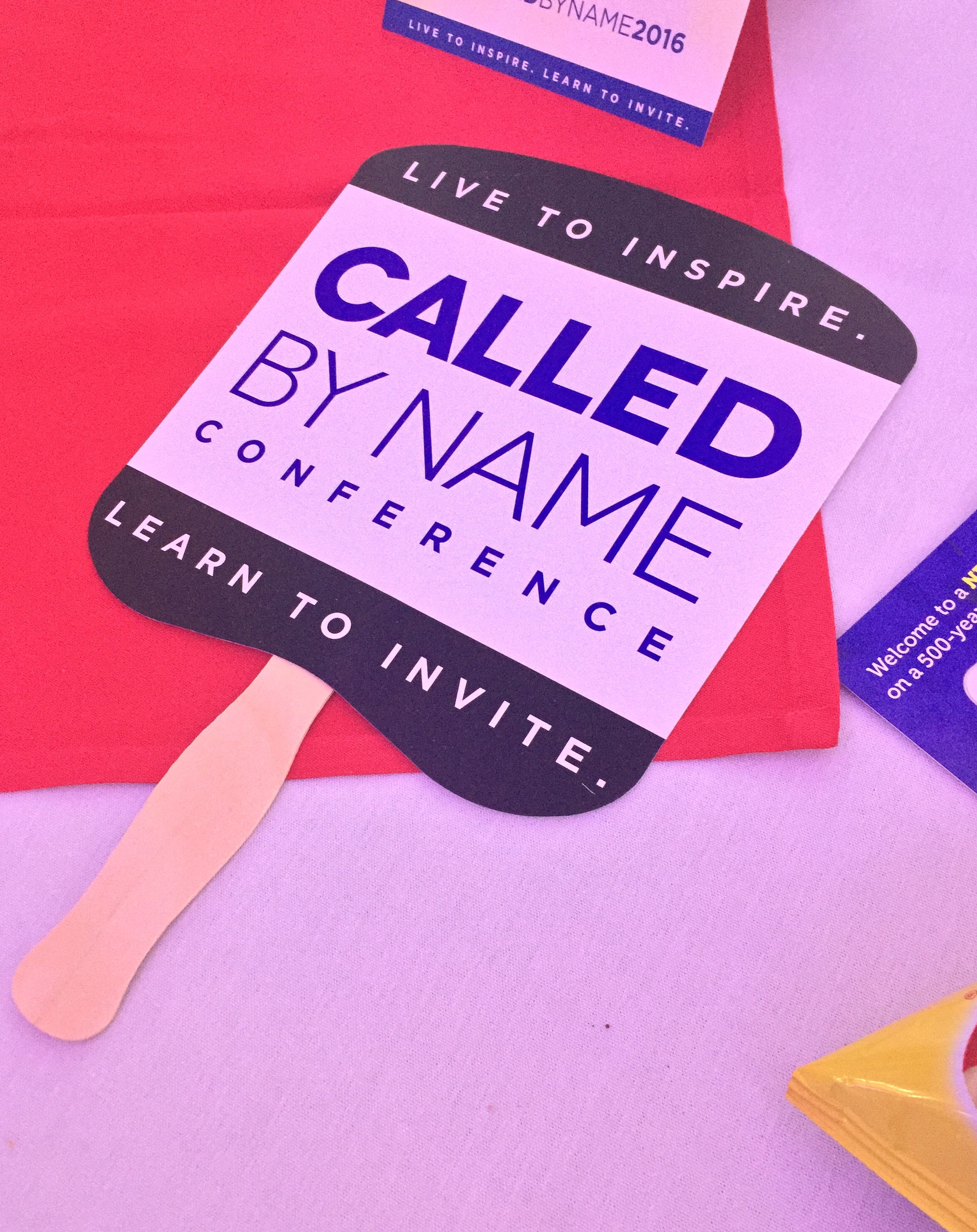
Maybe He Shouldn’t Have Kissed Dating Goodbye
This week, I was saddened to see a very public statement by former megachurch pastor, Joshua Harris, announcing his divorce from his wife and a renunciation of Christianity and its teachings.
Harris had risen to fame at the time I was graduating from college with his wildly popular book, I Kissed Dating Goodbye.
I am sure I have a copy of that book gathering dust somewhere in one of my boxes from that time, so I am relatively familiar with the impact it had on a generation of young adults.
In many ways this man, Joshua Harris, had begun a revolution amongst evangelicals trying to navigate the sex-saturated world around them — he almost single-handedly began to repopularize the idea of “courting”.
To be honest, I wasn’t convinced to give up dating upon reading his book, but his book gave me a lot to think about.
I guess you could say I appreciated the sentiment, but didn’t believe controlling one’s environment and avoiding being alone with somebody would necessarily allow for actual growth in the virtue of chastity.

In Harris’ defense, his book likley helped a lot of young kids post-pone dating until they were older and more mature. This simple decision likely protected a lot of kids from a lot of heartache with possible life-long regret attached to it.
I mean, who really needs the drama — the break-ups, the hurt feelings and fights, not to mention the exclusivity that kills opportunities for true friendships and healthy relationships to grow in that crucial time.
Ain’t nobody got time for that.
But here’s where I part ways with the “old Joshua Harris” — Lord knows what he thinks now — if you are to get this chastity thing right, then you have to get the nature of man and God and human sexuality right, as well.
No matter how much you control the environment around you, there is a deeper victory that must take place in the heart, mind and will in order to truly possess the virtue of chastity — which is why I think Harris’ approach fell short.
Providentially, John Paul II’s Theology of the Body gained traction at this time and I think he helped clear up some of the questions and confusion that the “I Kissed Dating Goodbye” approach caused in young adults.
If you want to understand how Joshua Harris’ approach to human sexuality differed from JPII, then you must understand that Harris was Calvinistic in his roots and he approached his courting “experiment” in a Calvinistic way.
John Calvin (the founder of Calvinists) thought man’s soul was like a “dung heap covered over with snow”. Calvin saw the snow like God’s grace, but beneath that snow was still — well, dung!
Not a pleasant outlook on the human person. Take that idea and apply it to human sexuality and you see where the problem lies.
That would explain why some evangelical girls were told in their abstinence talks to envision walking down the aisle on their wedding day, as every guy they had sexual relationships with in the past took a paintbrush dipped in red paint and painted across their beautiful white dress.
I am not making this up.
Sadly, sometimes those Puritanical ideas of abstinence made their way into the Catholic youth group culture as well, but John Paul II’s Theology of the Body helped address a lot of the misunderstanding as the purity culture began to be popularized.
For me, John Paul II’s Theology of the Body helped me to understand the “why’s” of chastity. It revolutionized the way I looked at the human body and the purpose for my life.
It filled in all the gaps of the Joshua Harris’ approach with a richly profound and beautiful approach to the human person and human sexuality.
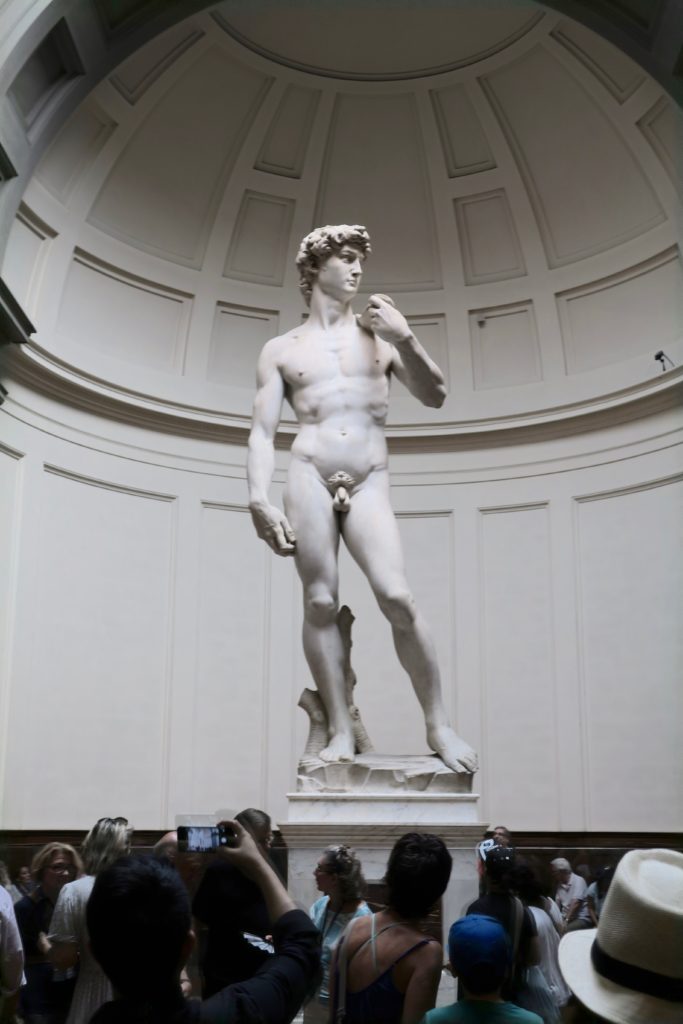
As a single woman, I used to joke that chastity isn’t something you fall into because you can’t find a date — and that is truer than you would think.
Chastity is not something you fall into. It requires hard work and grace.
Virtue isn’t actually virtue if you don’t have any other option. Virtue must be freely chosen and it grows in the testing of it.
Chastity is so much more than just abstinence.
It is rooted in a deep and abiding awareness of a loving God, who created you very good and wants to pour His grace into your life so it can be very, very good — and that includes your sex life.
The problem is not with sex.
The problem is with our desire to take sex out of it’s proper context and try to mold it to our ideas that sex is about “entertainment” or “hooking up” or even just “filling the time” until I find somebody I really care about.
Sexuality is not something to be repressed or policed — it’s something to be respected and embraced.
One might even go so far as to say that our sexuality is part of our unique way to reflect God in this world, and there are countless ways to live out our sexuality that have nothing to do with sexual activity.
The theology of the body strikes out against those who would want to reduce man (or woman) to their sexual urges or attractions.
It reaffirms our God-given dignity and worth and helps us to find our greater purpose in life.
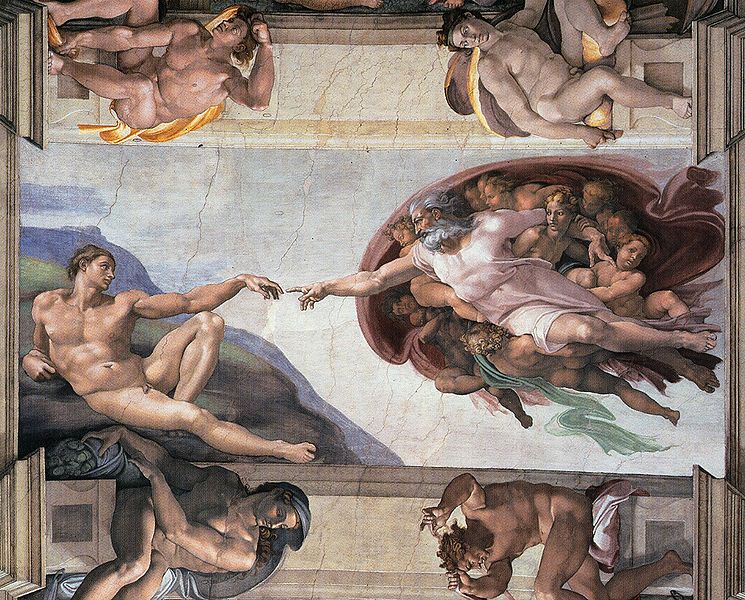
I think the biggest problem with the Calvinistic and Puritanical outlook on life and sex is that it fails to recognize that the “redemptive” reality of the passion of Christ actually makes “beginning again” a real possibility.
We don’t believe anybody is ever “lost”, as long as they have breath in their lungs. We believe in free will and the grace of God and we know that even the greatest sinner can become a Saint.
In fact, we often raise up some of the worst sinners as heroes to emulate — I mean, we don’t encourage the crazy sinning part, but the crazy-in-love-with-God-after-they-realized-how-wrong-they-were-part, absolutely yes!
One such Saint, Augustine, famously said to God while struggling to give up his life with his live-in girlfriend, “Give me chastity, Lord — just not yet!”.
Yep he really said that, and you know what, God really delivered. He eventually embraced a life of chastity and is now one of our greatest Saints.
There is no denying the real-life painful consequences of not respecting the truth of our human sexuality — but everybody has a chance to begin to choose a different path and “begin again”.
We call it confession, people, and we all should be taking advantage of beginning again on the regular.
So my hope for Joshua Harris is that this is a bend in the road that will lead to a truer understanding of the human person and the role that God’s grace has in the life of every man.
Perhaps Joshua Harris is rejecting the Calvinism that won’t allow for grace to seep in and actually change the soul — perhaps deep down, he knew there was something wrong with his outlook and this is just a part of his journey to discovering who Jesus really is.
I hope so.
I pray that Harris finds the real Jesus at the end of all of this searching — the One who loved him into existence, sustains him now, and is pouring out His grace and Mercy and Love upon him, despite his rejection.
There is hope for him yet, and there is hope for the rest of us, too. Hooray for that!
